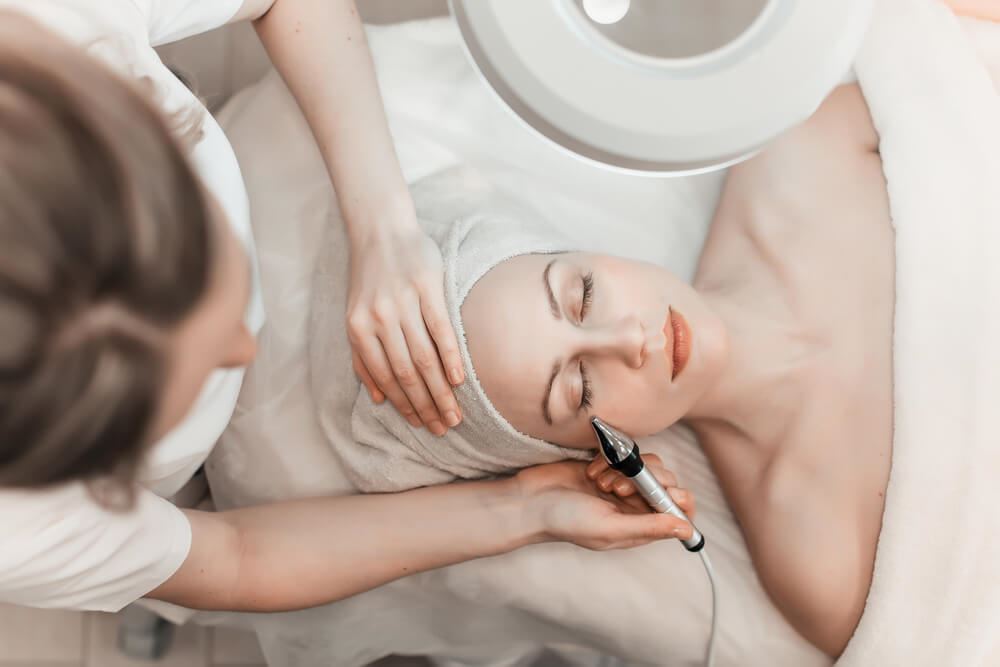Shatter Your Limits: Texas Med Spa Ownership Laws
As the aesthetics market explodes with demand for non-invasive cosmetic procedures, many ambitious professionals are stepping into the world of medical spas. But for those in Texas, the journey from idea to execution isn’t just about choosing the right treatments or building a brand—it starts with understanding the legal limits of who can deliver healthcare, and who can’t.
Welcome to the world of Texas med spa ownership laws—a framework that determines how med spas must be structured and who can control them. Here’s what every aspiring med spa operator needs to know before launching.
What the Corporate Practice of Medicine (CPM) Actually Means
In Texas, delivering medical care isn’t just a matter of offering injections or wellness therapies. State law strictly limits the provision of medical services to licensed physicians or entities entirely controlled by them.
The corporate practice of medicine (CPM) doctrine is central to Texas med spa ownership laws, designed to keep medical decisions in the hands of licensed professionals. In short, business owners can’t interfere with diagnosis, treatment plans, or clinical supervision. Medical autonomy must stay intact, and commercial interests can’t override patient care.
Why Med Spas Are Uniquely Affected
Unlike standard spas, med spas offer treatments that cross into clinical territory—Botox, hormone therapies, prescription skincare, and more. These aren’t just wellness options; they fall squarely under the definition of medical services in Texas.
Because of this, Texas med spa ownership laws require careful structuring to protect physician control over anything clinical. That includes supervising staff, developing protocols, prescribing, and overseeing patient safety.
Structuring Your Business the Right Way
Here are three common models used in Texas to comply with Texas med spa ownership laws:
1. Physician-Led Entity
The most direct approach is to have the clinical operation owned and run by a licensed physician. The physician is responsible for medical decisions, employs the clinical team, and ensures legal compliance.
2. Entrepreneur + Contracted Medical Director
While non-physicians can’t own clinical practices, they can run a business that contracts with a licensed physician. In this setup, the physician independently manages patient care, while the business owner oversees administration and marketing—without crossing into clinical decisions.
3. MSO Model
The Management Services Organization (MSO) model is a popular structure under Texas med spa ownership laws. It separates business operations (run by the MSO) from clinical services (run by a physician-owned entity). The MSO handles things like payroll and branding, while the clinical side operates independently under physician control.
Oversight, Delegation, and Who Can Do What
Under Texas med spa ownership laws, only licensed physicians can supervise the delivery of medical care. However, clinical staff like nurses, physician assistants (PAs), and licensed vocational nurses (LVNs) can provide services under proper delegation.
Here’s the breakdown:
- Injectables, IV therapy, and prescription treatments must be ordered and overseen by a physician or qualified mid-level provider.
- Estheticians and laser technicians can perform regulated services only if they are properly trained and supervised.
- Medical directors must be actively involved—not just lending their license for appearance.
Clear protocols and supervision are essential to staying within legal boundaries.
Don’t Forget About Advertising and Informed Consent
Two often overlooked areas within Texas med spa ownership laws are marketing and patient consent. Both are tightly regulated and must be taken seriously.
- Marketing must be accurate, clearly identify which services are medical, and avoid exaggerated or misleading claims.
- Patients must know who is treating them, the provider’s credentials, and any risks involved. Informed consent must be documented and securely stored.
Legal Exposure and the Cost of Getting It Wrong
Violating Texas med spa ownership laws can lead to serious legal and financial consequences:
- Charges of unauthorized practice of medicine
- Investigations by the Texas Medical Board
- License suspension or revocation
- Fines and forced business shutdowns
Non-physician partners can also be penalized if they interfere with medical decisions or structure their business in a way that violates the law.
The Smart Path Forward
Before investing in a med spa, take the following steps to stay aligned with Texas med spa ownership laws:
- Consult healthcare attorneys experienced in Texas regulations
- Clearly separate business and clinical operations
- Use solid contracts that define responsibilities between partners
- Stay updated on scope-of-practice and licensing requirements
Compliance isn’t just paperwork—it’s what protects your brand, your license, and your future.
Final Thought
The potential of Texas’s med spa market is enormous—but so is the regulatory complexity. Whether you’re launching your first aesthetic business or managing a growing multi-location practice, compliance with Texas med spa ownership laws isn’t optional—it’s foundational.
At Dike Law Group, we help med spa owners across Texas establish legally compliant structures, draft solid agreements, and navigate the unique challenges of blending medical care with business operations. Our experienced team understands the nuances of Texas regulations and is here to guide you every step of the way.
If you’re ready to align your med spa with Texas’s legal requirements and set your business up for long-term success, schedule a meeting with our legal experts to discuss your goals and compliance needs.
For ongoing insights and updates, follow Dike Law Group on Instagram, LinkedIn, YouTube, TikTok, and Facebook, where we share practical advice tailored for healthcare and med spa business owners.





